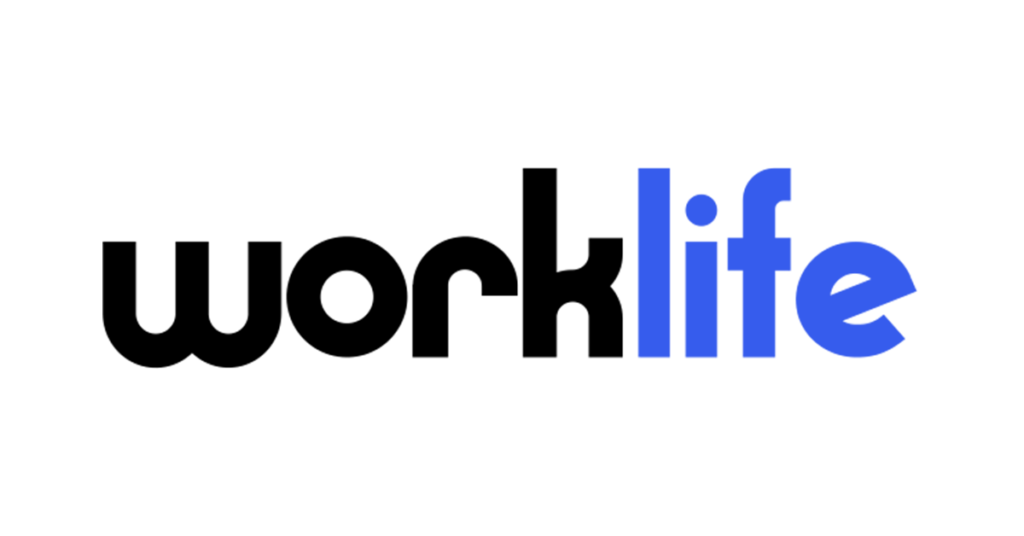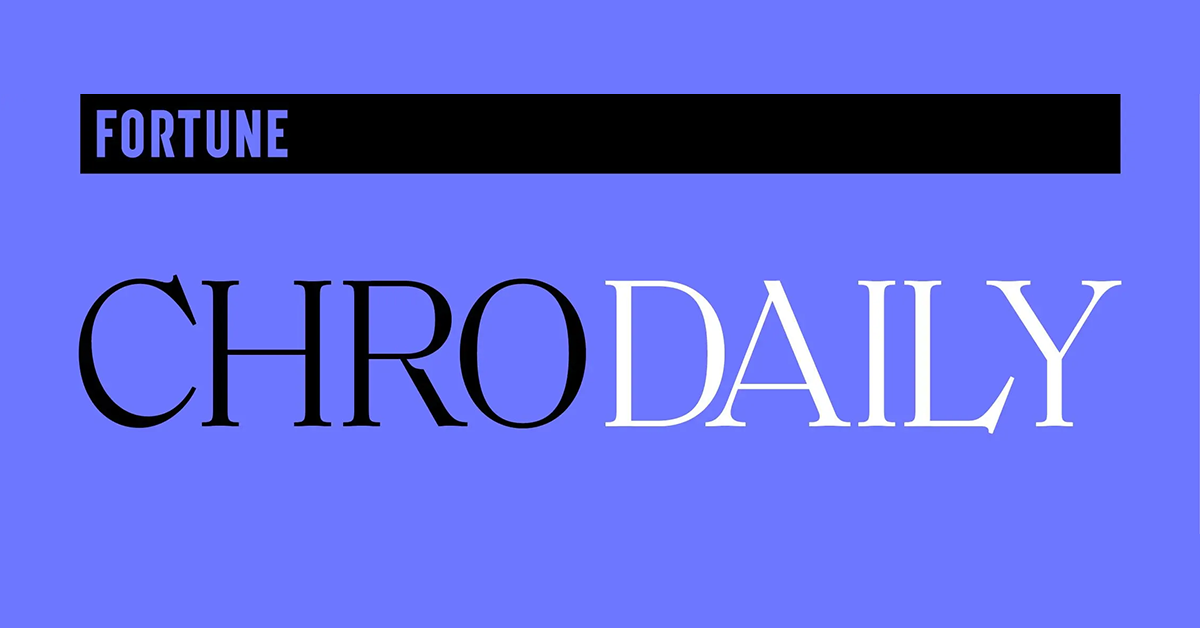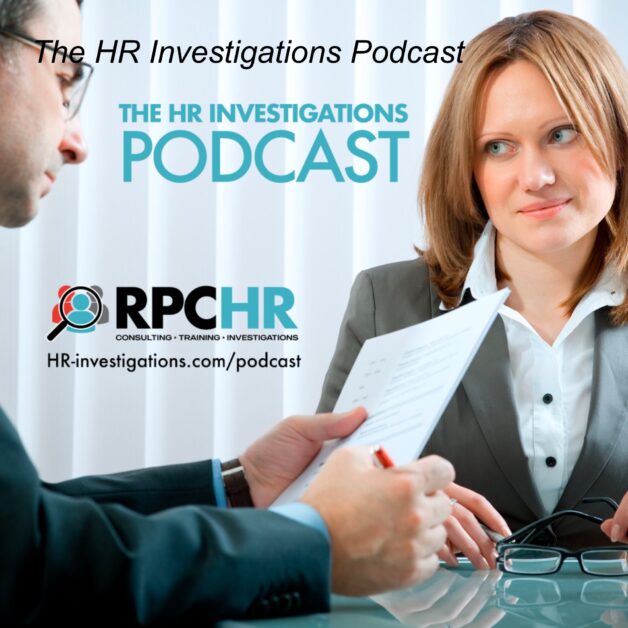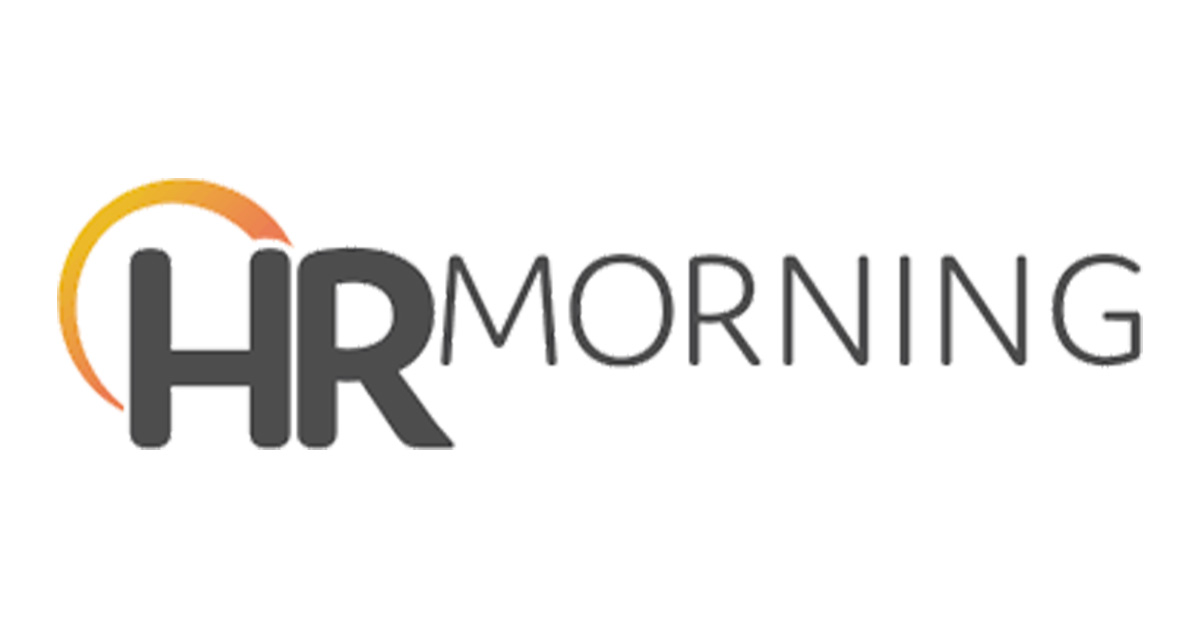“How people behave and engage with each other inside the organization will be reflected outwardly to the customers of that organization.”
Led by technological advancement, shifting demographics and evolving employee expectations, HR leaders are set to confront unprecedented change in workplace dynamics in 2025 — and at the same time, never have so many people managers been as empowered to determine the course of their organizations.
Heads of HR are assuming larger, more strategic roles as CEOs see them as increasingly indispensable, leading to many ranking HR execs achieving the title of chief people officer.
“In 2025, as organizations reevaluate best practices and understand the value of people-centric business strategies, they’ll find that HR leaders are their biggest asset,” said Ray Martinelli, chief people officer at content management platform Contentful. “People leaders across the board have a unique opportunity to act as key drivers in company operations to reshape workforce dynamics and nurture a positive company culture.”
Likewise, Paulo Pisano, chief people officer at travel site Booking.com, sees a significant evolution in HR leadership. “The role of a CHRO is increasingly evolving to encompass a new mandate: simplification,” he said. “Amid growing organizational complexity, workplace technology transitions, new products and services, increasing regulation, hybrid work models and evolving team needs, the need for people leaders to be chief simplifiers will only intensify.”
HR leads have singled out several priorities in what is expected to be an epic year — with the integration of AI emerging as one of the most critical areas of focus.
Led by technological advancement, shifting demographics and evolving employee expectations, HR leaders are set to confront unprecedented change in workplace dynamics in 2025 — and at the same time, never have so many people managers been as empowered to determine the course of their organizations.
Heads of HR are assuming larger, more strategic roles as CEOs see them as increasingly indispensable, leading to many ranking HR execs achieving the title of chief people officer.
“In 2025, as organizations reevaluate best practices and understand the value of people-centric business strategies, they’ll find that HR leaders are their biggest asset,” said Ray Martinelli, chief people officer at content management platform Contentful. “People leaders across the board have a unique opportunity to act as key drivers in company operations to reshape workforce dynamics and nurture a positive company culture.”
Likewise, Paulo Pisano, chief people officer at travel site Booking.com, sees a significant evolution in HR leadership. “The role of a CHRO is increasingly evolving to encompass a new mandate: simplification,” he said. “Amid growing organizational complexity, workplace technology transitions, new products and services, increasing regulation, hybrid work models and evolving team needs, the need for people leaders to be chief simplifiers will only intensify.”
HR leads have singled out several priorities in what is expected to be an epic year — with the integration of AI emerging as one of the most critical areas of focus.
“With only 37% of business leaders trusting the data and analysis provided by HR teams, it is crucial that HR leaders regain control of their data to win back C-level trust.”
“Companies will need to look for new ways to take stress out of their affected employees’ lives and provide resilience in ways they haven’t before,” said Tom Spann, cofounder and CEO of financial advisor Brightside, who emphasizes that as AI is handed routine tasks, human roles will focus more and more on strategic decision-making and complex interactions.
Bella Liu, CEO of AI agent platform Orby, predicts that as AI adoption accelerates, a future where every employee has their own AI agent cannot be far behind, in fact.
Another technological domain, data management will likely present challenges as well as opportunities in the new year. “With only 37% of business leaders trusting the data and analysis provided by HR teams, it is crucial that HR leaders regain control of their data to win back C-level trust,” said Gautam Sukumar, COO at HCM company Strada, citing his company’s research.
Workforce development is another pressing priority. With more than half the global workforce facing reskilling requirements to maintain career relevancy, more than 9 in 10 tech roles are expected to undergo “significant transformation,” according to Siobhan Savage, CEO of workforce intelligence platform Reejig, citing her company’s research findings.
As Steve Levy, principal talent advisor at talent acquisition platform DHI Group, put it, “Skills-based hiring will begin to redefine recruitment, focusing squarely on what people can do rather than on where they’ve been.”
Career development will be especially crucial across industries with a high risk of disruption and automation, according to Katya Laviolette, chief people officer at digital safety platform 1Password.
All the while, the challenge of retention and engagement will continue to keep HR teams busy. “How people behave and engage with each other inside the organization will be reflected outwardly to the customers of that organization,” said Rebecca Trotsky, chief people officer at HR case management platform HR Acuity, emphasizing culture as a strategic differentiator.
Joe Galvin, chief research officer at coaching and peer advisory group Vistage, emphasizes the importance of maintaining engagement despite market changes. “While January traditionally sees some turnover, the deeper question for HR leaders is how much progress did you make on engagement,” he said. “How deep has your culture been instilled into it?”
Meanwhile, Amanda Czepiel, head of content at HR management platform Brightmine, warns of compensation challenges ahead. “Salary budgets are expected to see slight reductions in 2025 as economic conditions and a more employer-friendly job market reduce the pressure to raise wages,” she said.
Well-being programs are another area of concentration for HR teams — with apparently much work to be done. More than 75% of 100 U.S. companies in a survey by workplace consultancy BSI have well-being programs and cultures that are merely basic or in the early stages of implementation, with vast opportunities for improvement. Significantly, just 10% of staffers BSI surveyed are completely satisfied with their company’s well-being program offerings.
“We’ve normalized a culture where working regularly on weekends is the only way to keep up, where ‘safety first’ is promoted but supervisors look the other way when deadlines are at risk, where showing signs of stress is viewed as a weakness,” said Xavier Alcaraz, BSI’s global practice director over HSW. “It doesn’t have to be this way. More importantly, it shouldn’t be this way”
The RTO debate will continue to shape workplace policies in the year to come, with many more companies forcing employees to be at the office. “While connecting with colleagues in person is vital for company culture, going back into the office for the majority of the week has adversely affected certain groups of employees,” said Kari Mayfield, director of DEI at digital safety platform Ping Identity.
Still, many employees continue to demand workplace flexibility — and despite the trend toward RTO, there’s no going back for many businesses. “Companies with a flexible work model will always have the competitive advantage,” said Ali Mcghee, generalist, people & culture at marketing agency Barbarian. “Gone are the pre-Covid days of holding employees hostage with three free meals a day and calling your colleagues ‘family.’”
Adding yet another layer of complexity to an already action-packed year: managing a multigenerational workforce as Gen Z overtakes boomers as the largest segment of the workforce, necessitating that employers tailor employee benefits to reflect the shifting demographics.
As Amanda Czepiel, head of content at Brightmine, put it, “By offering a flexible, inclusive benefits package that addresses the needs of every employee, regardless of generation, companies can attract, retain and support a multigenerational workforce effectively.”



